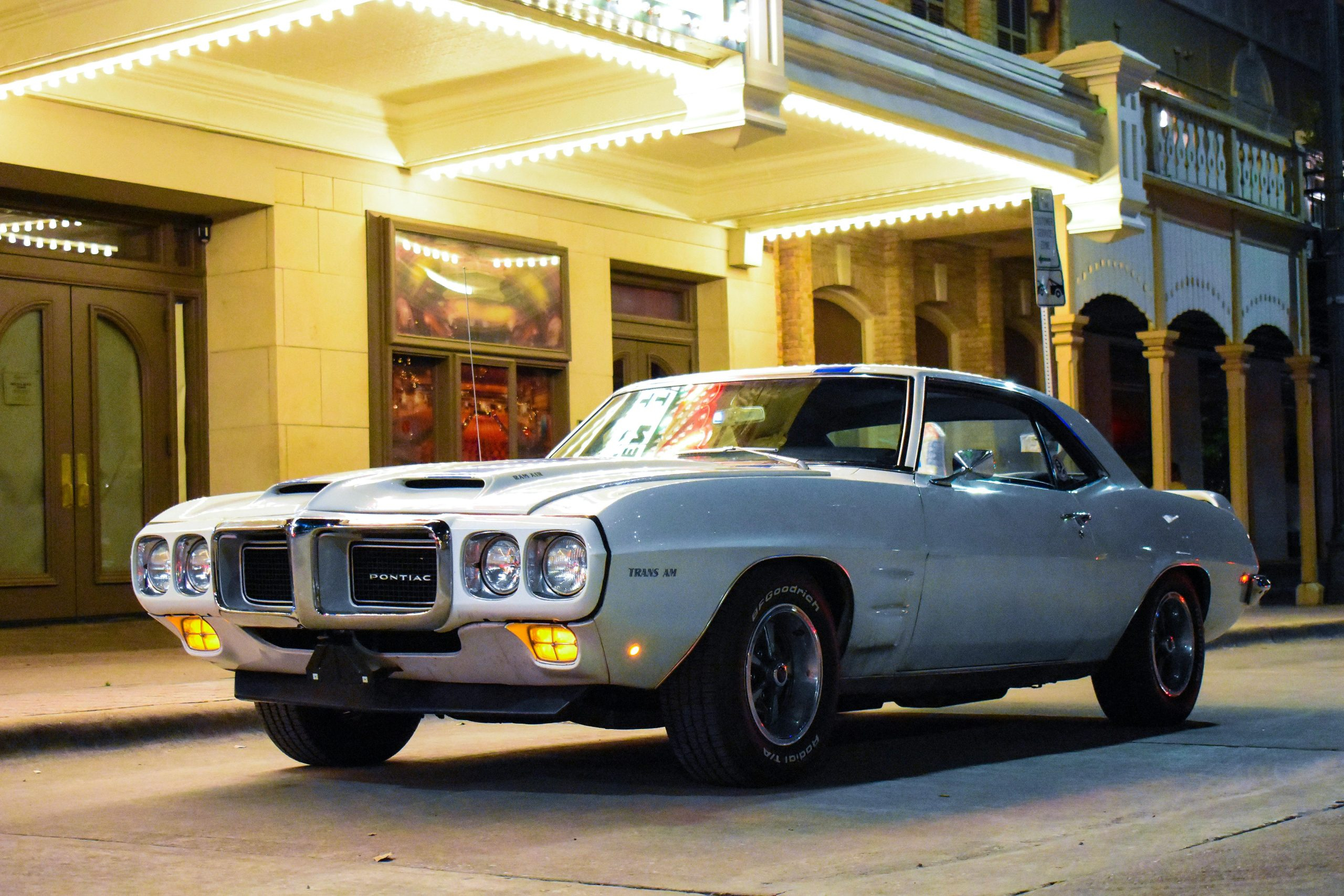Vintage Cars That Changed Automotive History Forever
When we think of vintage cars, we envision classic beauties that have stood the test of time. These cars not only capture the hearts of car enthusiasts but also hold great historical significance in the world of automotive engineering. They have paved the way for modern cars and have left an indelible mark on the industry. In this article, we take a trip down memory lane to explore the vintage cars that have changed automotive history forever.
The Model T: Revolutionizing Mass Production
It is impossible to talk about vintage cars without mentioning the iconic Model T. Produced by the Ford Motor Company, the Model T was the first car to be mass-produced on an assembly line. Prior to its release, cars were considered a luxury item and were hand-built, making them extremely expensive. With the introduction of the Model T in 1908, car ownership became more accessible to the average person, revolutionizing the automotive industry.
The Volkswagen Beetle: From Hitler’s Vision to Global Success
Designed by Ferdinand Porsche, the Volkswagen Beetle was first commissioned by Adolf Hitler in the 1930s as part of his vision for a “people’s car” that would be affordable and able to be used on the newly built German autobahns. The Beetle became a symbol of German engineering and was eventually produced and sold all over the world, with over 21 million units sold. It remains one of the best-selling cars of all time and has undoubtedly left an everlasting impact on automotive history.
The Chevrolet Corvette: Bringing Sports Cars to the Masses
When the Chevrolet Corvette was first introduced in 1953, it was one of the first American sports cars to hit the market. It quickly became a sensation, with its sleek design and powerful V8 engine. The Corvette proved that sports cars were not just for the wealthy and paved the way for other manufacturers to produce affordable sports cars. Today, the Corvette remains an iconic American car and is still a top choice for sports car enthusiasts.
The Mini: Innovative Design on a Small Scale
The Mini was not only a game-changer in terms of design but also in terms of space efficiency. Developed by British Motor Corporation in the late 1950s, the Mini was designed to be a small, affordable and practical car for the average family. Its compact size made it ideal for navigating through crowded cities and its affordable price made it accessible to the masses. Its popularity led to the production of the Mini Cooper, which became a symbol of British pop culture and remains a beloved car to this day.
The Toyota Prius: Pioneering Hybrid Technology
In 1997, Toyota introduced the world’s first mass-produced hybrid car, the Prius. The Prius combined a gasoline engine with an electric motor, making it more fuel-efficient and environmentally friendly. Despite skepticism from the public, the Prius proved to be a massive success and paved the way for other manufacturers to develop hybrid cars. Today, hybrid cars are becoming increasingly popular as consumers are becoming more conscious of their environmental impact.
The Tesla Roadster: Bringing Electric Cars into the Mainstream
Founded by Elon Musk, Tesla Motors set out to change the perception of electric cars with the release of their first model, the Roadster, in 2008. The Roadster was a high-performance electric car with an impressive range of over 200 miles. It proved that electric cars could be powerful, sleek and desirable, challenging the notion that electric cars were slow and boring. Tesla has since become a pioneer in the electric car industry, leading the way for other manufacturers to produce electric cars with advanced technology and long-range capabilities.
Conclusion
Vintage cars have played a crucial role in shaping the automotive industry, with each one leaving a unique mark on history. From revolutionizing mass production to pioneering new technologies, these cars have not only shaped the way we drive but also the way we think about cars. These vintage cars will always hold a special place in the hearts of car enthusiasts, and their contributions will continue to be appreciated for generations to come.











